A CMO Confidential Interview with Andy Sack and Adam Brotman, Co-Founders and Co-CEO's of Forum 3, authors of the book AI First, previously at Microsoft and Starbucks. Adam and Andy discuss the exponential growth of LLM's in the 3 years since the Chat GPT launch, the rapid pace of consumer adoption and "why there's never been a bigger prize in capitalism." Key topics include: why the circular tie-ups between the models and chip providers may make sense, their belief that only 5% of companies are well underway; why you should use AI at least 10 times a day; and how the "current way of doing business" is the biggest blocker to progress. Tune in to hear 2026 predictions, why you should have a "family password," and how an AI Zoom scam resulted in a $20 million loss for the company. AI: The Year That Changed Marketing | Andy Sack & Adam Brotman on CMO ConfidentialFormer Starbucks Chief Digital Officer Adam Brotman and investor/operator Andy Sack return to break down AI’s wild 2025—and what’s next for marketers and the C-suite in 2026. We cover the rise of reasoning models and agents, chip-and-model tie-ups, who’s winning (and who’s falling behind), why only ~5% of companies are truly “underway,” and how consumer behavior is racing ahead of most enterprises. Adam and Andy deliver pragmatic guidance for boards, CEOs, and CMOs: where to lean in, how to organize, and what to build now.What you’ll learn:• The real story on model advances, agents, and the chip/energy bottlenecks• Why supply-lock deals aren’t “circular nonsense” and how they’ll shape winners/losers• Enterprise reality check: 5% vs. 95%, and why CEO/board sponsorship determines lift-off• Consumer adoption, zero-click search, and how discovery is shifting under your feet• Marketing beyond efficiency: ideation, synthetic testing, and creative at production speed• 2026 predictions: Apple’s big AI move, the year of consumer agents, and new AI devices• Risk & resilience: deepfake fraud, the “family password,” and change management that sticksActionable takeaways:• Use AI 10×/day; turn on voice and select a “thinking/reasoning” model for complex work• Treat AI as a company-wide transformation, not an IT pilot; pick a few high-value use cases and own them from the top• Experiment with agentic workflows and AI video to compress cycle time from storyboard to launchSponsored by @typefaceai Typeface helps the world’s biggest brands go from brief to fully personalized, on-brand campaigns in hours—not months. Their agentic AI marketing platform automates workflows across ads, email, and video, integrates with your MarTech stack, and includes enterprise-grade security. Adweek named Typeface “AI Company of the Year,” TIME listed it among the Best Inventions, and Fast Company called it the next big thing in tech. See how brands like @ASICSGlobal and @Microsoft are transforming marketing with Typeface: typeface.ai/cmoAbout CMO ConfidentialHosted by five-time CMO Mike Linton, CMO Confidential goes inside the decisions, politics, and trade-offs of one of the most scrutinized jobs in the C-suite. New episodes every Tuesday on Spotify, Apple, and YouTube.00:00 Intro & Sponsor: Typeface02:00 Topic & Guests — Adam Brotman and Andy Sack03:00 Three-year AI surge: usage, video, geopolitics06:00 Reasoning models, long-duration agents, chip/energy demand10:00 Midroll: Typeface12:00 Capital tie-ups: supply lock vs. “circular money”15:00 Winners & losers: the AGI race and consolidation16:00 Enterprise adoption: board/CEO-led change vs. IT pilots18:50 Reality check: 5% “well underway,” 95% early22:00 Consumer adoption: everyday use, underutilization25:00 Can companies keep up? Why most are lagging27:00 Search is shifting: AI overviews, assistants everywhere29:00 Marketing beyond efficiency: ideation, automation, CX31:00 AI video examples to study (Kalshi ad, IAm8)33:30 Agencies & consultancies adapting (Accenture, BCG, McKinsey)34:30 2026 predictions: Apple’s big move, year of agents, new devices36:00 2026 tensions: labor disruption, backlash, “bumpy” progress38:00 Practical tips: use AI 10×/day, voice mode, “thinking” models41:00 Tools & safety: @lovable family/business passwords42:00 Deepfake/Zoom heist cautionary tale44:00 Wrap-up: subscribe & episode library44:30 Closing Sponsor: Typeface —CMO Confidential,Mike Linton,Adam Brotman,Andy Sack,Typeface,agentic AI,AI marketing,marketing strategy,chief marketing officer,CMO,CEO,board strategy,enterprise AI,reasoning models,AI agents,AGI,LLMs,generative AI,Claude,Gemini,ChatGPT,NVIDIA,semiconductors,MarTech,creative automation,personalization,zero click search,search disruption,media buying,advertising,brand vs performance,organizational design,change management,digital transformation,customer experience,synthetic personas,AI video,SOA,Sora,Replit Agent,Apple AI,Perplexity,security,deepfakes,family password,go to market,content at scale,ASICSSee Privacy Policy at https://art19.com/privacy and California Privacy Notice at https://art19.com/privacy#do-not-sell-my-info.




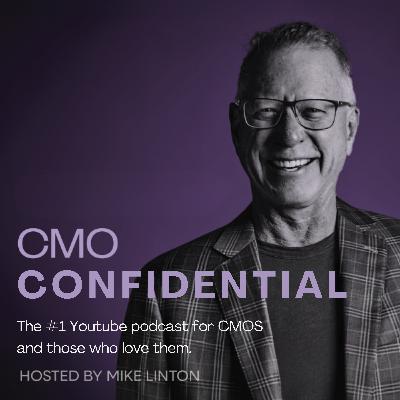
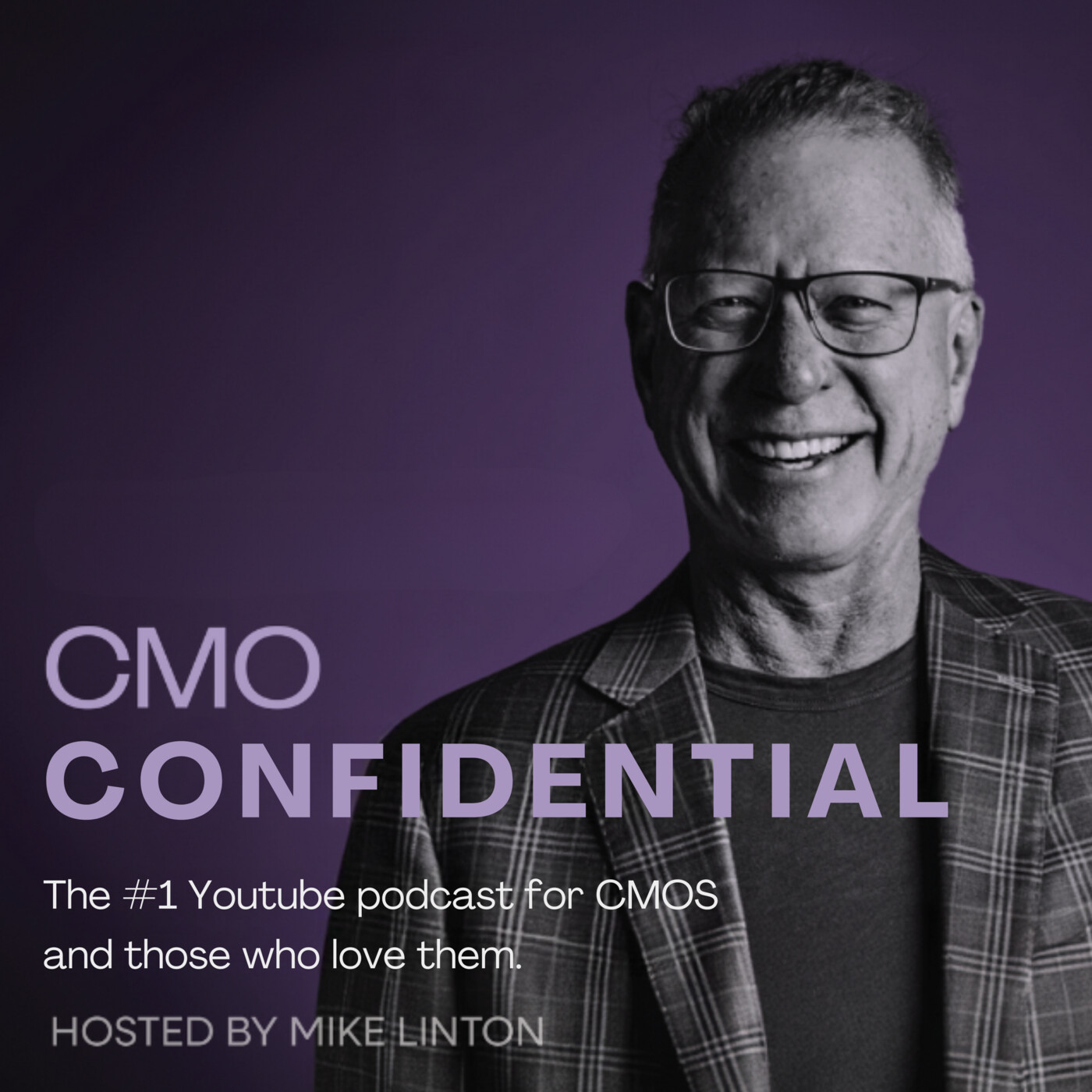
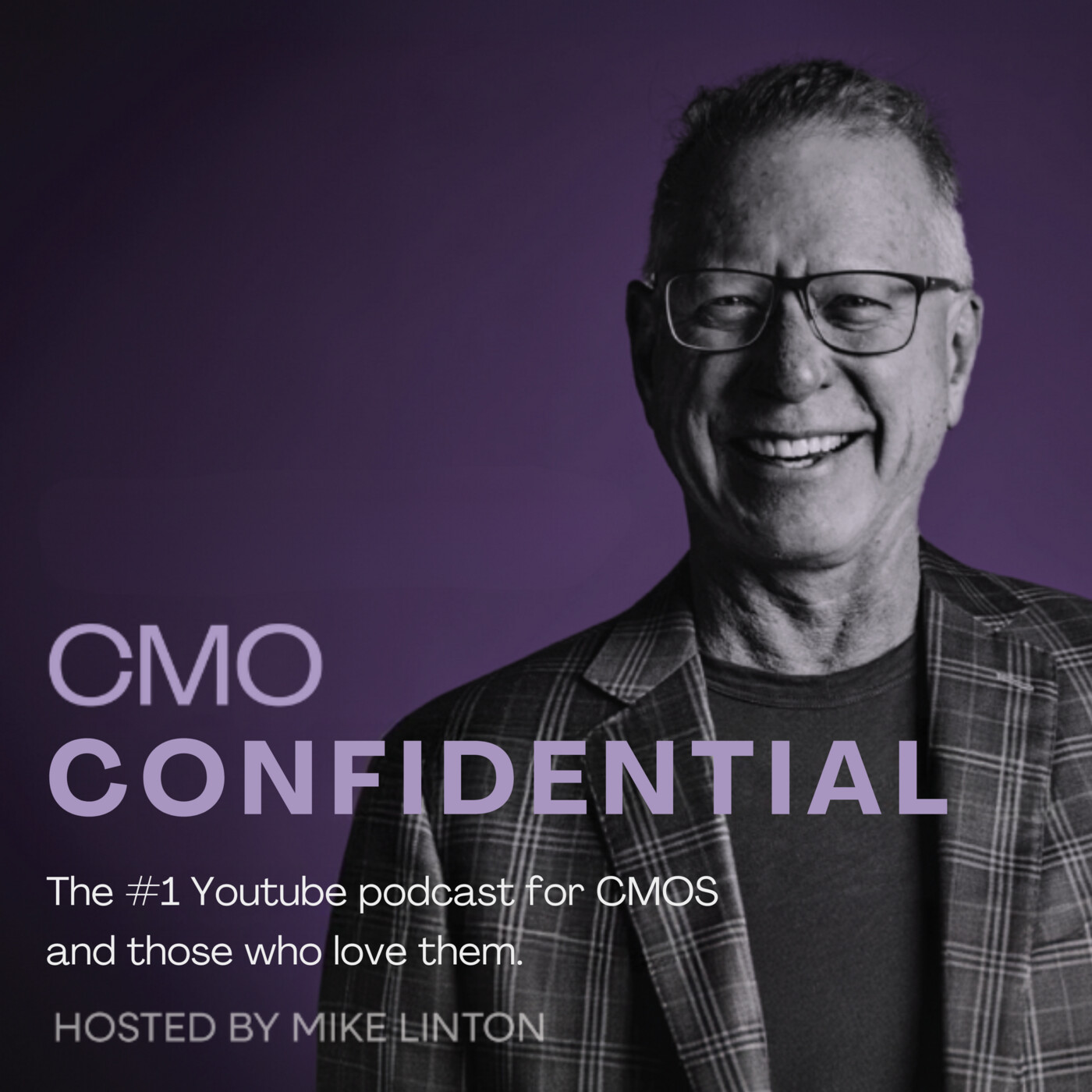
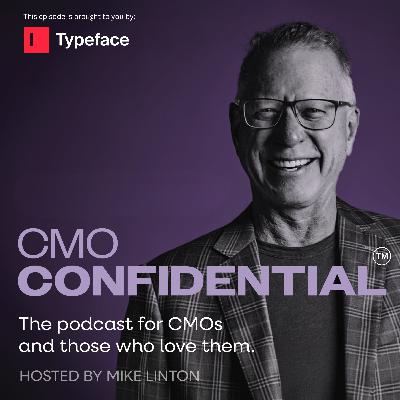
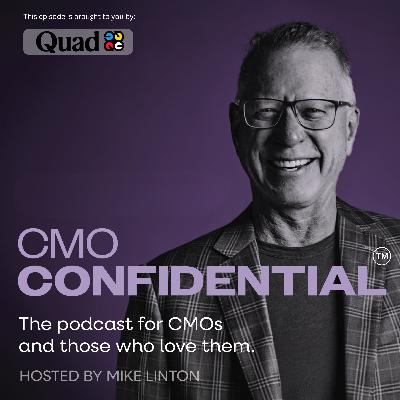



💚WATCH>>ᗪOᗯᑎᒪOᗩᗪ>>LINK>👉https://co.fastmovies.org